How to Keep Basement Dry Without Dehumidifier?
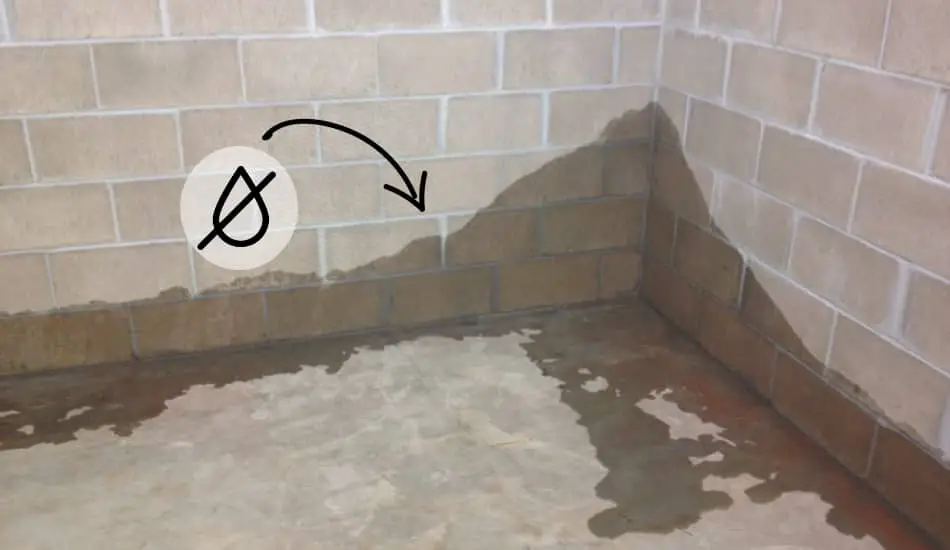
There are many options and alternatives to basement dehumidifiers. However, it all depends on the characteristics of the basement, your budget, and the causes of moisture. If your basement is too humid, you may have mildew or mold all over it. A dehumidifier is a nice way to keep your basement dry, but it can increase your electricity bill. Sometimes it is too hard to dry a room without using one, and you could need an expert’s help with drying it. In this article, we’ll provide you with a few methods that you can use to remove the moisture from your basement without using a dehumidifier.
How to Get Rid of Moisture Without a Dehumidifier In the Basement?
Usually, using a dehumidifier to remove moisture from your basement will increase your electricity bill. However, there are other methods for removing the moisture that does not require a dehumidifier. In the following sections, we’ll explain the best methods you can use to solve this issue. So, let’s start!
| Ways To Remove Moisture: | The efficiency of the Method |
|---|---|
| 1. Using Airflow to Reduce Humidity | 10/10 |
| 2. Using Crystal Salt to Absorb Moisture | 6/10 |
| 3. Using Charcoal to Absorb Moisture | 6/10 |
| 4. Use Fans in the Basement | 7/10 |
| 5. Place Dry Clothes Outdoors | 5/10 |
| 6. Using an Air Conditioner | 7/10 |
| 7. Cool Shower (not too hot) | 4/10 |
| 8. Close the Cooking Pan | 3/10 |
| 9. Remove Houseplants From Your Basement | 6/10 |
| 10. Use Baking Soda In Plastic Bags | 5/10 |
1. Using Airflow to Reduce Humidity
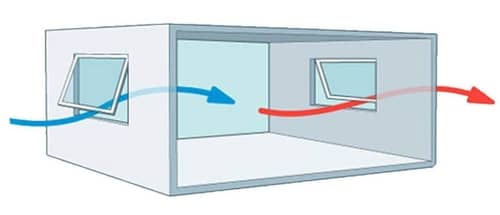
To reduce your basement’s humidity, you should know about the relative humidity and keep in mind when the humidity outside reaches a lower level than the one inside. When that happens, open two windows and turn on a fan near them. The fan will push the air from the inside to the outside by doing this. That way, you’ll get rid of moisture and dampness from your basement.
2. Using Crystal Salt to Absorb Moisture
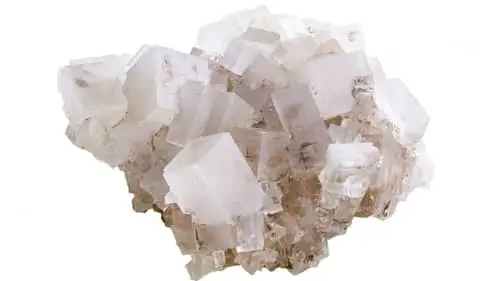
A desiccant can be used as a homemade dehumidifier, and it will help with absorbing the moisture from the air. To do this, you can use crystalline salts like calcium chloride (rock salt). Using them in your basement will absorb moisture from the air. Keep in mind that you’ll need to dump out the water and refill the container every time with more crystalline salts.
3. Using Charcoal to Absorb Moisture
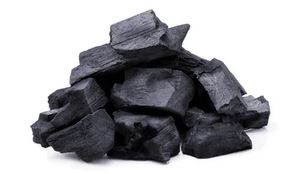
A fresh charcoal briquette can help you very well as a desiccant. Fresh charcoal has no moisture in it, so it is perfect for absorbing moisture from the room until it fills up and needs to be replaced with a new one. Also, silica gel can work well as a desiccant to keep your basement dry.
However, be careful when you are using it. You need to leave them somewhere where children and pets will not have access. You can leave silica gel bags in any damp place, including your basement, and it will work perfectly.
4. Use Fans in the Basement
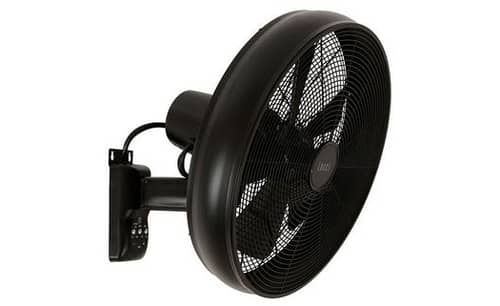
One of the ways to get rid of moisture from your basement is to add a ceiling fan. The fan will push the moist air up, and your floor will be secured. If you have a portable fan, you can also use it by placing it up on the furniture so that it has the closest effect to the ceiling ones.
For those who have an “island” in their basement and there is humidity, and the level is very high, you can also use fans that will help out with that. Before moving any fans, you need to make sure that they are turned off and not plugged into the electricity sockets.
5. Place Dry Clothes Outdoors
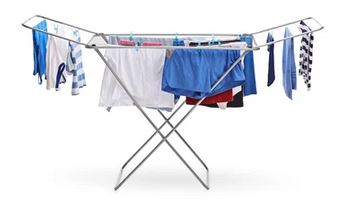
This method depends on where you live because not everyone will be able to do it. Air-drying your clothes can help with moisture in your house because you will no longer have to keep wet clothes inside your home. Also, you will not need to use the dryer, so your electricity bill will decrease up to 50% per year. Drying your clothes in the sun is also good for your clothes because the sun sterilizes them and keeps them looking fresh.
6. Using an Air Conditioner
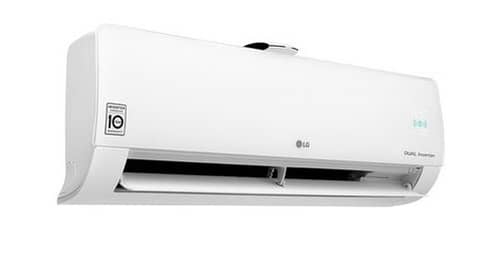
If you have an air conditioner, you can use it for dehumidifying your home and basement. Firstly, you need to find a temperature that suits you and let the air conditioner to run. If it works frequently, it will help remove the moisture from your room.
7. Cool Shower (not too hot)
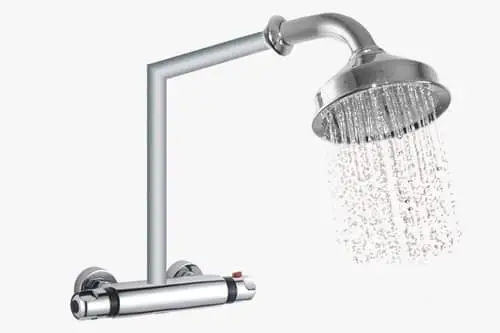
If you are frequently taking hot showers in your basement, that may be a problem that causes high humidity levels. If you want your room to have less moisture, you need to take showers that are not too hot or too cold but just a comfortable temperature for showering. If you cannot survive without a hot shower, you should do it quickly or make it cooler by the time to help with the moisture level.
8. Close the Cooking Pan
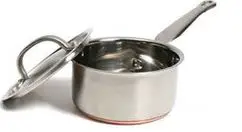
While cooking, you should close the pot/pan so that the moisture stays inside and does not escape into the room. The moisture will start to condense underneath and when you want to open the cover, you can just pour the water into the sink. Another way is to keep the vent hood open while cooking so that the steam can escape through it and not stay in the room.
Note! This method applies if your kitchen is right next to the basement.
If you actually do these two things, you will decrease the cooking moisture and help with your room’s humidity level. You will also need to look for the cracks in your walls and seal them so that the air from the outside cannot enter the house. Checking for cracks is one of the first things you need to do when you notice that the room’s humidity level is very high.
Rust cracks can also indicate a leak, so you should look for them. The water damage may be a problem but even if you don’t have it, the cracks can still affect the moisture inside when the air enters from the outside.
9. Remove Houseplants From Your Basement
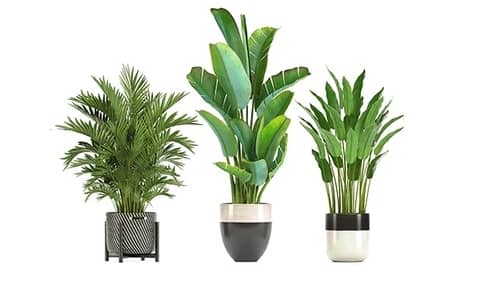
You should have your plants outside for as long as you can. They leave the moisture outside so it is not a good idea to keep them indoors if you want to decrease your room’s humidity level. As soon as the weather is good for your plant, you should move it outside.
10. Use Baking Soda In Plastic Bags
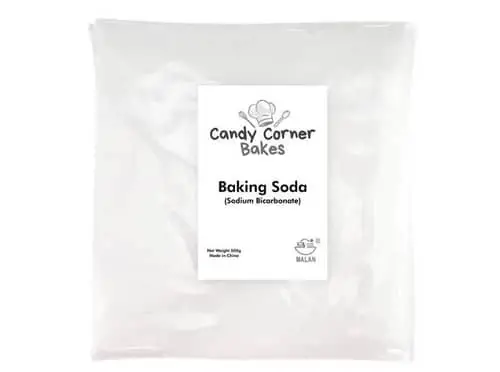
Baking soda is an ingredient that can help with absorbing the moisture from your basement and you most definitely have baking soda in your home already. For making a homemade dehumidifier, you will need to fill a bowl with baking soda and place it in your basement. You can also fill the plastic bags with it and hang them from the ceiling around the room. The best would be to place them near the things that cause moisture such as sinks, windows, and dishwashers/dryers.
How to Dehumidify a Room Without Electricity?
If you want to dehumidify your room without electricity, you will need to use a desiccant to absorb the moisture. The good idea is to install a fan in the bathroom so that it pushes the moisture outside. The same should be done to your laundry room or near the laundry if you do not have a proper room for it.
Keep the doors closed and ventilate the area well for the best effect. After doing that, place a desiccant in the room. Silica gel can do the job well. You need to place it in an area where the most moisture is, and it will absorb the moisture from the air like a sponge.
A desiccant absorbs moisture, but it also absorbs vapor from the air, so the air becomes drier. You can find absorbent dehumidifiers in the stores that function the same because they also use a desiccant like silica gel. The difference is that they also have a reservoir for the water that is absorbed so that it can be thrown away easily.
What Causes Lead to High Humidity Levels?
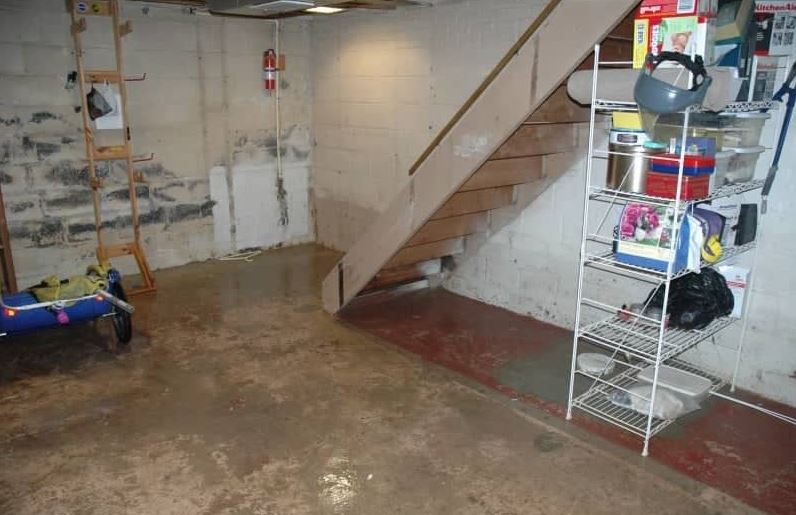
There are a lot of reasons why your house has so high humidity levels. Usually, the problem is in the humid climate in the area where you live.
Seasonal problems
In warmer air, there is more vapor than in cooler air which makes the summer months more humid. The air from the outside can come into your home and that is why your home will be more humid during the summer months.
Large air conditioners
A too-large air conditioner may cause your house to have more humidity than usual. It runs on shorter cycles and cools the house quickly so it has no time to dehumidify your home. A smaller AC runs on longer cycles and therefore has time to dehumidify. So if you are wondering if smaller ACs are good enough, this may be your answer.
Poor ventilation and insulation
It is common for mildew and mold to grow in the bathrooms because a steamy shower can put a lot of moisture in the air. If you do not have good ventilation, it cannot escape, and the moisture stays inside the room. It is the same with laundry rooms that do not have the proper ventilation. The worst thing you can do is to open the door because you will cause the moisture to spread all over your home. Also, if your walls are insulated poorly, humid air can come from the outside and raise your home’s humidity level.
Your basement Does not Have a Seal
If you have dirt in the crawl space, it is probably damp and can make the room damper. If you do not have a crawl space in your basement, the basement concrete floors are causing vapor that goes into your basement living space if the cracks and the floor are not sealed. Even if you did that, you could never be sure about the cinder/concrete block walls. If they are not insulated with a vapor barrier material, they will be the reason why your basement has a lot of moisture.
Plants and damp interior wood
If you have plants indoors and water them, they will cause you a lot of moisture. When they are watered, they absorb the water and then breathe it out into the air. Also, the wet wood or any other wet material will do the same thing. That is why it is best to keep your plants outdoors for as long as possible.
If you want to learn more, be sure to read How to Dig Out a Basement in an Existing House?
FAQ: People Also Ask
How do you dehumidify a basement naturally?
- Ventilate. It helps to reduce humidity by increasing the airflow.
- Check for leaking pipes. Moisture can enter through them so you should repair the leaks as soon as possible.
- Leave your houseplants outdoors for as long as possible.
- Air conditioning.
- Replace heating/air conditioning filters.
- Light the wood stove/fireplace.
- Take shorter and less hot showers.
Are dehumidifiers worth it?
It depends on how much and how often you have moisture in your home. If it causes some great problems and you need to deal with it very often, buying a dehumidifier can help you. It can also help when you are dealing with any kind of water damage in your home.
How can I dry my basement fast?
You should start with ventilating the room so that the humid air escapes from the basement. After that, you should look for the problem that caused the moisture in the air. When you find the source of the problem, you will need to use a desiccant to absorb the water. If the problem keeps repeating, you should consider buying a dehumidifier.
Final Thoughts
A dehumidifier may be expensive but when your basement humidity level is too high, you will need to use it or find an alternative. There are a lot of alternatives to the dehumidifier explained in this article but the best is to find the source of the moisture and fix it. You can also prevent it from happening by having proper drainage. It is most important to prevent mold and mildew that may affect your health.

